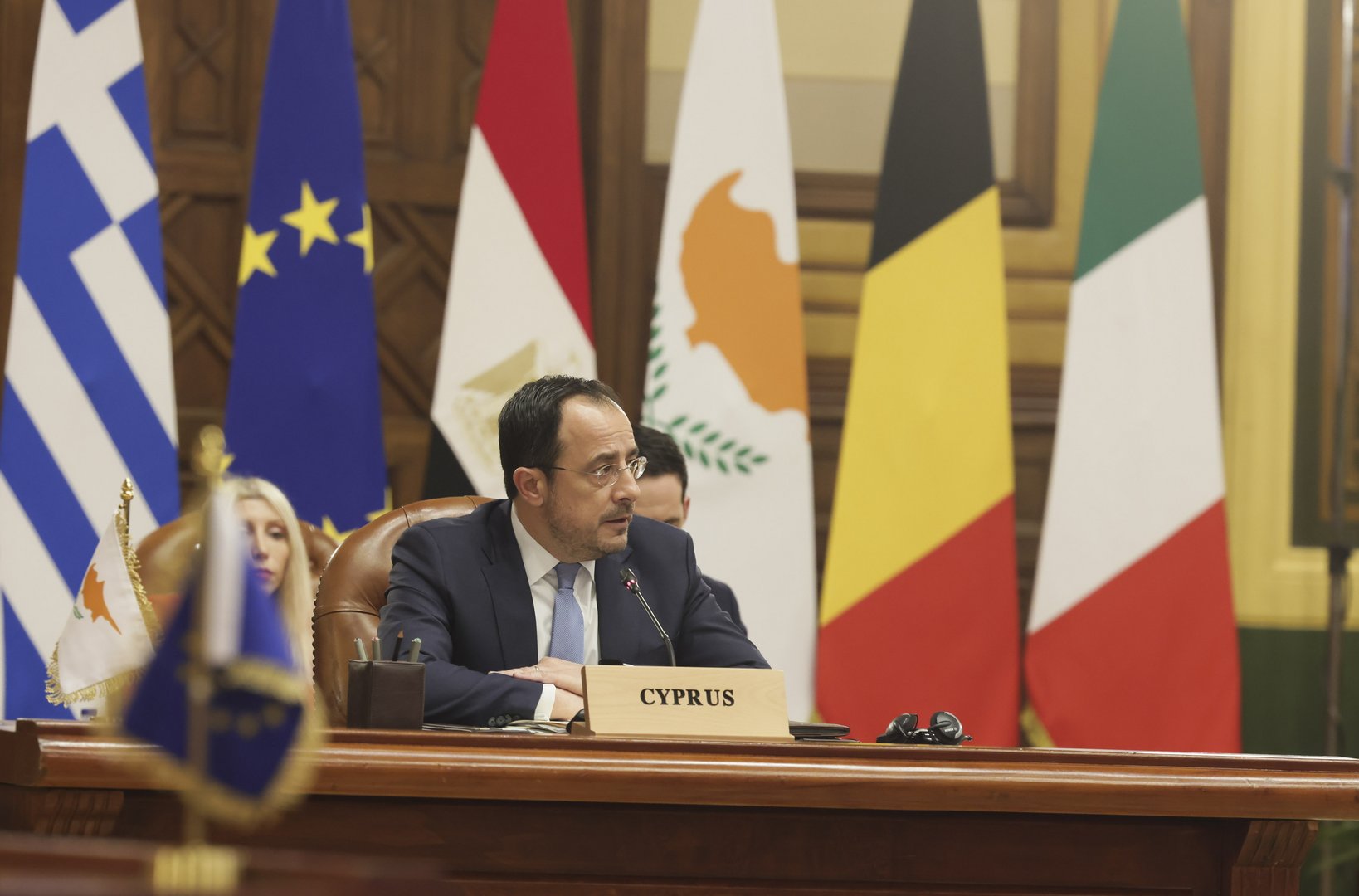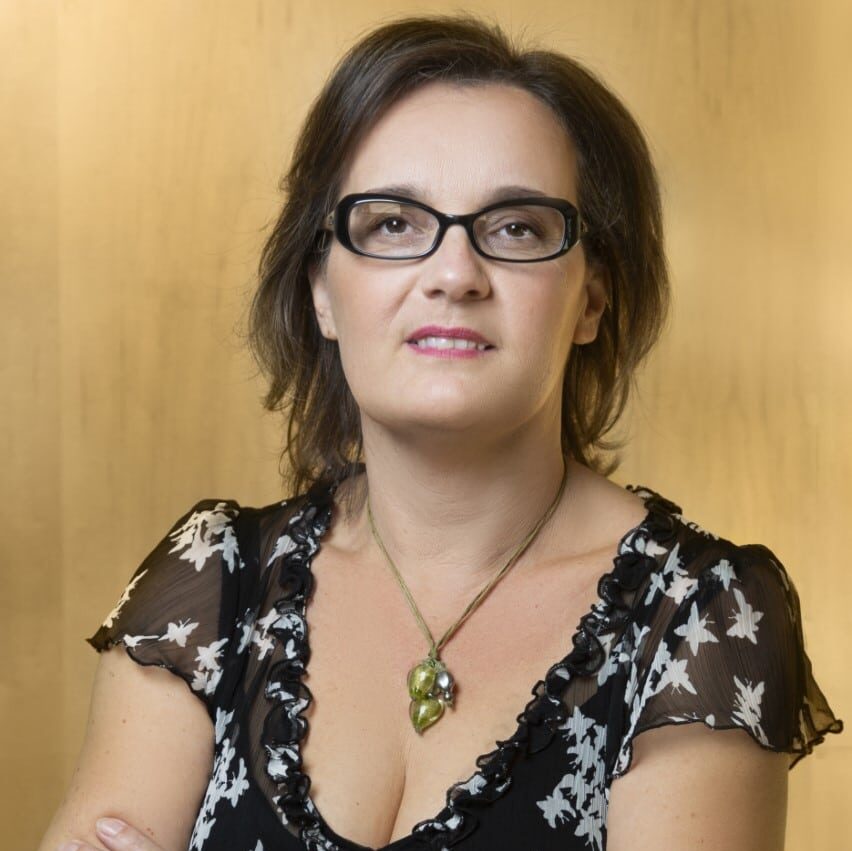Sunday was a day that stands for political commitment, cooperation and leadership, President Nikos Christodoulides said on Sunday as an summit on the partnership between Egypt and the EU drew to a close.
“It is a great honor to be part of such a historic day,” he said “A day that marks the launch of the Strategic and Comprehensive Partnership between the European Union and the Arab Republic of Egypt.”
European Commission President Ursula von der Leyen headed a delegation meeting President Abdel Fattah al-Sisi in Cairo on Sunday that also includes the Italian, Greek, Austrian and Belgian prime ministers in addition to Christodoulides.
The EU announced a €7.4 billion funding package and an upgraded relationship with Egypt, part of a push to stem migrant flows to Europe.
The agreement, which lifts the European Union’s relationship with Egypt to a “strategic partnership” is designed to boost cooperation in areas including renewable energy, trade, and security while delivering grants, loans and other funding over the next three years to support Egypt’s faltering economy.
Cyprus, Christodoulides said, is fully aware of the critical role of Egypt has as a pillar of stability in the region, and has long advocated for the development of a strategic partnership between it and the EU.
“And today I am proud that we are witnessing its fruition,” he added.
“Today we take a substantial step towards making each other stronger in addressing common challenges and in harnessing the potential in our partnership, which is limitless and awaits to be further harnessed,” Christodoulides said.
He said Egypt and Cyprus share a common vision for a peaceful, Eastern Mediterranean and Middle East.
Regarding Gaza, Christodoulides said that Sisi has been exerting tremendous efforts to achieve a ceasefire, to prevent the conflict from spreading, to bring lasting peace, and to provide much needed humanitarian relief for civilians.
The proposed EU funding includes €5 billion in concessional loans and €1.8 billion of investments. An additional €600 million would be provided in grants, including €200 million for managing migration issues.
Diplomats say Egypt’s strategic importance has been underscored by the war in Gaza, where Egypt is trying to mediate between Israel and Hamas and increase deliveries of humanitarian aid; and by the conflict in neighbouring Sudan, which has created the world’s biggest displacement crisis.
Egyptian officials say Egypt deserves recognition for largely shutting off irregular migration from its north coast since 2016 although there has been a surge in Egyptians trying to cross to Europe via Libya, and the European Union is already providing support aimed at reducing those flows.
In recent months, the Greek islands of Crete and Gavdos have seen a steep rise in migrant arrivals – mostly from Egypt, Bangladesh and Pakistan – raising concern about a new Mediterranean smuggling route.
Activists have criticised Western backing for Sisi, who came to power a decade ago after leading the overthrow of Egypt’s first democratically elected leader.
A crackdown has swept up dissidents from across the political spectrum, while the state and the army have extended their grip on the economy, which businessmen and analysts say has impeded structural reforms demanded by the IMF.







Click here to change your cookie preferences